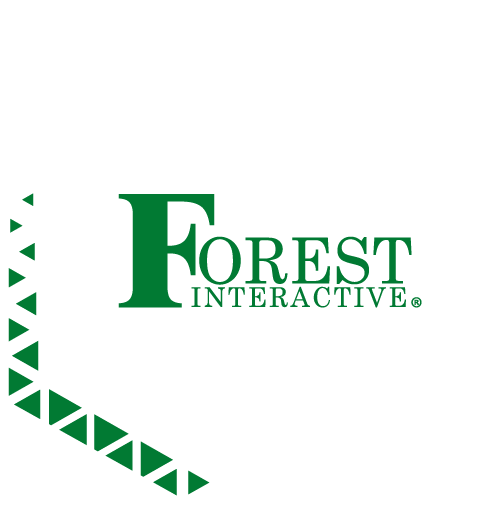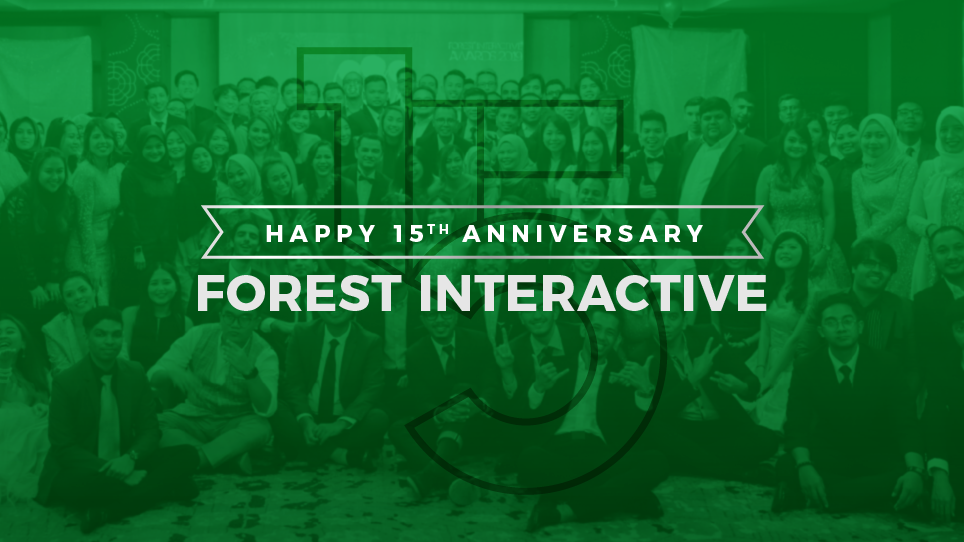
To celebrate our 15th anniversary, Forest Interactive’s Founder & CEO Johary Mustapha shares 15 learnings from his 15 years of shaping the company to where it is today.
***
As we celebrate 15 years of Forest Interactive, I’d like to thank all of our talents past and present, mobile operators, content providers, game publishers, and partners that have played a part in helping us build, pivot, and innovate the company.
We’ve learned a lot from our successes and failures over the years, and I hope to be able to offer some perspectives and insights into our journey, through these 15 key learnings:
1. Expect the unexpected
I never wanted to be an entrepreneur. I first started my career with an IT company, before going into broadcasting; worked with multinational companies; did some work with the government sector. I was content working for any good company that was already out there. When we started the company in January 2006, we just wanted to solve a problem – getting SMS communication on TV. In fact, we executed it quite well. With a team of three founding employees, alongside two additional hires, we built a complete system in two months.
2. Identify your niche and find your why
Between the years of 2000 and 2010, SMS TV was very much relevant. People liked that they could just send an SMS and have their text appear on screen, where they could chat with celebrities or anyone for that matter. They found it entertaining. My combined background in broadcasting and telecommunications is not a skill set everyone has. That made us unique in the industry – there were only a few companies in the world then doing business in SMS communication on TV.
On top of that, being in the tech industry meant that we had to transform – fast – as trends and customer demands evolve so quickly. The company’s overarching goal has always been to develop a solution related to the mobile device, as we know that this will be the universal bridge that connects the services we deliver to consumers. We’ve seen the important role that a mobile device plays in delivering services that are core to our lives – back then when we first started, today as we continue to develop scalable mobile platforms and experiences, and even in the future as more innovations exist in our world.
3. Stay grounded, wherever you may go
Many of you reading this may know of the Yahoo name better than you do of Jerry Yang, its co-founder and former CEO. After all, it was the search engine or search directory that everyone used in the 90s. I’ve followed his story from when he started Yahoo in 1994 up till today. One that has stayed in my mind is when Jerry went to China for the first time, three years after starting the company.
While visiting the Great Wall of China, his tour guide was Jack Ma. Today, his name is synonymous with Alibaba, but back then, he was a government-employed tour guide. Perhaps a connection happened during Jerry’s encounter with Jack, as months later, Jack went on to establish Alibaba. To me, this is a story where one person took the advice of another person wholeheartedly and used that insight to chase after his dream. I look at these two remarkable individuals and the companies they’ve built – and it speaks to the dream that they want to pursue.
What puts Jack ahead of the other global leaders is the simplicity in his words and actions. Videos of him talking at the World Economic Forum in Davos or speeches he’s given elsewhere are so illuminating. His advice is straightforward – and you can tell no matter how big Alibaba becomes, he is still the person with the same principles that Jerry met back in 1997.
The role models I’ve had throughout my career are those that have managed to grow their company, all while keeping their feet on the ground. That’s what I aspired to learn and to be, as we continue to innovate as a company and develop solutions for a connected world.
4. Hire more women in your organization
In 2016, Jack Ma agreed to act as an advisor to the Malaysian government on its digital economy aspirations. I had the pleasure of meeting and talking to him in 2019, where I asked for his advice in building a company. He said, “Hire more women in your organization.”
At Forest Interactive, we are actively working on increasing female representation across the organization and on the management level. We have not hit 50% yet — though we’re almost there — but Jack’s words are always on my mind as we continue to grow our company on a global scale.
Making an effort to recognize unconscious bias during the hiring process is not enough. We are also promoting equity in the workplace, leveling the playing field for our talents so that everyone has access to career advancements, and maintaining a safe space for them to have their voices heard.
5. Never stop learning and adapting
I didn’t have the luxury of having a mentor. I tried to figure things out on my own, read up on what’s new and what’s good, go to events and conferences, meet people…
I take the positive aspects of what I’ve learned, shape it, and push it through with my team, to make it a work process that works. Along the way, I’ve always tried to mentor if and when I can. Of course, with a mentor-mentee relationship, it’s a two-way street. We’ll need both sides that are ready to listen, just as in the case of Jack Ma and Jerry Yang, where the former could take valuable advice and shape it into the formation of Alibaba.
When mentors or leaders see the eagerness of someone who is keen on growing, they wouldn’t mind sharing more, and there is a feeling of satisfaction when you see a mentee making it in this world and succeeding beyond your expectations.
6. Do not be afraid about going back to the drawing board
There have been many instances every year since 2006, where we’ve had ideas just going around, and before they could even see the light of day, we’ve learned that it would not be feasible. We once tried our hands at being a digital record label – invested in a few singers, made them very successful. Artists are really talented, but on our end, we had to understand the pitfalls of managing talents unique from one another, which requires patience and understanding built over time.
From the failures that we’ve had in the past 15 years, our key learnings from these experiences have contributed to the decisions we are making in our business today.
Yes, we’re probably going to continue to make mistakes, fail at seemingly promising ideas, but every year, we continue to develop successful products and solutions. Those successes continue to keep us going, year after year.
7. Trust, with a capital T
Trust – many people misconstrue the significance of this important word. Trust is the firm belief in the reliability, truth, and ability of a person. Or in our case, the people we hire and work with. When you have that, the rest – commitment and communication – will follow.
15 years on, we still rely heavily on trust. Of course, trust is not something you could simply bandy around and play up as a matter close to the heart. It’s not a question of hearsay or who said what.
I’m very candid. I’d respond to any situation in a way that I feel is right. Now, I’ve come a long way since dealing with tough guys in difficult neighborhoods and when we first started the company, handling petty issues like, “Who took the USB cable? Where has it gone? Why is it missing?”, in a company of 20 people.
What’s important is, how do we measure “trust”? How do we be openly transparent and trust that the right decision will be made by the people you have on your team? We’ve systematically made improvements, as we introduced 360-degree reviews, post-mortems and surveys, exit interviews, and so much more. All of these initiatives that we do coincide with how we define and build trust within the company.
As we mentor the people in our team, we provide them with the resources and run them through the process of how our business works. We are able to observe through the questions they ask, their curiosity and interest in the process, and their visual responses whether they speak our language of truth and trust.
8. Recognize when you need to rely on others
As our organization grew, there’s been a need to be a lot more self-discipline and self-reliant, while recognizing the cut-off point where it’s too much and I would need to start relying on the team.
I’m a naturally outgoing and friendly person, especially with friends and family, and over the years, I’ve learned to draw the line between being a colleague and being a friend. As Forest Interactive grows, I have more eyes on me, and I understand that whatever I say, as simple as they may be, may have an effect on many.
We’ve pulled ourselves up by our bootstraps over the years, especially in the beginning. We hired many fresh graduates as we were starting out; we all had minimal experience, and we were learning together, shaping the company together as we go.
As we begin to scale, after 10 years, we started to bring in more talented, experienced people into the workforce, and that required a different leadership style. Today, as a leader, it’s important to me to engage with the team and to always be open and transparent, and through that, trust that our talents will reciprocate and be there for us to rely on.
9. Diversity is not just a box you tick on a checklist
The culture we have in Forest Interactive is uncommon. You can count, with your fingers, the number of companies in Malaysia that have a workforce as diverse as ours – in Kuala Lumpur alone, we have at least 18 different nationalities.
Having a congregation of these talents in one place forms a melting pot of thoughts, opinions, and mindsets, which undoubtedly, leads to our unique DNA. A secret sauce, if you could put it that way. We’ve experimented with this formula, and we now live with it. We’re living proof that companies can operate well and benefit from these unique and significant hiring choices.
Of course, there are different sets of challenges that we’ve had to manage in understanding 30 different cultures – what to say, what not to say as it’s considered rude. Interestingly, we’ve always been able to have these constructive conversations in the process, and we’ve realized the key is in being nice and kind, as well as in respecting others. We’ve managed to get everyone together to communicate effectively in one language, and that’s what’s required to get the job done right.
10. Passion and perseverance pay off
Our diverse workforce is in line with Malaysia’s goal of positioning itself as the tech hub in this part of the world.
We’ve always known that we want to be a global company, so it was essential that we push through the challenges a Malaysian businessowner may face in the pursuit of going global. To be fair, there are many advantages to owning a business in Malaysia. Grants, funds, and international exposure opportunities facilitated by ministries and agencies such as Malaysia External Trade Development Corporation (MATRADE) and Malaysia Digital Economy Corporation (MDEC) have opened up the doors for us locally and in different pockets of the world. We wouldn’t have an office in Silicon Valley, or in any of the 17 cities around the world, had we not pursued all possibilities and just accepted rejections without finding ways to push through.
I’ve shared this with many talents within the company. Angela Duckworth defines grit as passion and sustained persistence applied toward long-term achievement. To me, grit is really the secret of excellence – in the discovery of attitude, enormous doses of effort, consistency.
I truly believe the value government assistance has in propelling SMEs here in our country to greater heights, and in our case, we’ve always welcomed the support we can get. We’re now a case study, a statistic in reports of companies that have received assistance and made their mark internationally, and they’ve tried to replicate it with other companies. Of course, it’s not just about the company, but the unique leader and the people behind it.
There’s a big gap between the assistance the government offers and how companies should go about applying for them. The ministries and agencies offer a lot of assistance but companies do not dive in to learn about the details. I’ve had SME owners coming to me, lamenting that they’ve failed to secure grants for monetary development, but when I prod further, I find that they give up as soon as their application has been rejected once.
Getting told “no” is hard, but for us, we’ve always found ways to ask the relevant authorities, “Why have we been rejected? What can we do next time to better prepare for these applications?” A friendly phone call to the respective departments or agencies would suffice. You submit the forms, get rejected a few times, find out the reasons why, and try again. Once you get it right, it’ll be easier moving forward.
To me, that is grit – whether you have the perseverance to try and try again, to get it right, because you understand your end goal. We have to balance positive thinking and resourcefulness.
11. Never wait and see
In a fast-paced environment like the tech industry, we always have to look at what’s happening in the world today. There’s a lot of convergence and consolidation – big companies buying over start-ups, just to bring promising products under their wing.
What keeps me awake at night is the vast number of new technologies. When you think people have invented everything, another company comes along with an ingenious way to simplify how things work. It’s important to me that I understand how these businesses or technologies will impact the market, even if we’re all the way here in Malaysia – it’s naïve to think it will not affect us one way or another.
Now, with the pandemic, these changes impact us a whole lot more. What’s going to happen after COVID-19? We’ve got to think ahead about what’s going to work. What’s the culture going to be? Will we be required to go to trade exhibitions or will the norm be to attend virtually? Will we stick to the current collaborative tools we use at the workplace, or will we adopt the latest game-changer in tech? Each of these decisions will impact us quite a lot, even if it’s simple tools we use to work together as a team.
The learning experience keeps me excited. I’ve learned so much about how businesses work from the disruptive names we know today. Profit is no longer the key measurement. With e-commerce, we’re talking about gross market value (GMV). The grosser you do, regardless of profitability, you’re a great company. How’s that going to change in the next 10 years?
It’s quite frightening, but instead of waiting to see, I want to go out and there and sail the rough waters ahead. We no longer wait for certain events to transpire, but we go out there and initiate them to build better collaboration.
12. Talk to your people at every level
I had a great CEO when I started my career in NTV7 in the late 90s. He’d come to our department and throw questions around. I picked up that practice here at Forest Interactive, and it’s given some perspective of how the team sees things, whether a message has been trickled down from one manager to the other.
I believe in the importance of the people in your organization, the ones that you work with every day. If you don’t have a sound, solid team, how do you plan business strategies? How are you going to conquer the market or make a difference? How can you disrupt the industry if you don’t have the internal synergy to work with your team for that purpose?
13. Getting to your destination is not a straight road
Whenever I push myself to the limit, people often ask when are we going to hire a COO, a CFO, or a CMO to help scale the business, but it’s not as simple as putting out an ad and hiring someone. We’ve interviewed some great individuals in the past, but getting someone who can integrate with our company culture and speak a similar language is no easy feat. With the sizable workforce that we have, we are just starting out.
I often have ideas that some may consider far-fetched. I credit this to my interest in sci-fi movies. There are many things that I want to do that we haven’t done yet. Getting from Point A to your destination is not as simple as going through Point B and C, but rather, there are detours that you also have to take. Now that we are stronger as a team, we’re prepared to look at the bigger challenges to come and to pivot accordingly. We’ve done that in recent years – spinning out certain products and solutions into their own companies to make them more focused.
In the next few years, we will continue experimenting, formalizing our approach and processes, and never stop learning. We just hope that the talents that come aboard will share our approach, to want to continue to learn and improve.
14. Culture is defined by your most enduring talents
An oft-asked question during interviews with candidates is, “How’s the culture like in Forest Interactive?” To be honest, it’s always an evolving experience. The company is defined by our most enduring talents. They never cease to inspire others within their care. Our culture has also taught me the different qualities of our talents – the rich cultures they come from and their varied approaches to problem-solving.
Over the years, we’ve built a transparent culture where our talents meticulously communicate to exchange ideas and thoughts, and eventually, build that trust and pride that our talents have. Our culture is also about involving everyone in the decision-making process and encouraging them to accept responsibility for outcomes.
15. Being upfront is an internal forte, not an external exposé
Studies still reveal that one-third of employees all around the world do not feel like they can be fully frank or straightforward with their managers. Here, we try our best at all levels to share ideas and air criticism, in an effort to achieve a mutual objective.
Transparency and trust, if we were to wield them properly, will be an internal forte. That is what makes a winning culture.
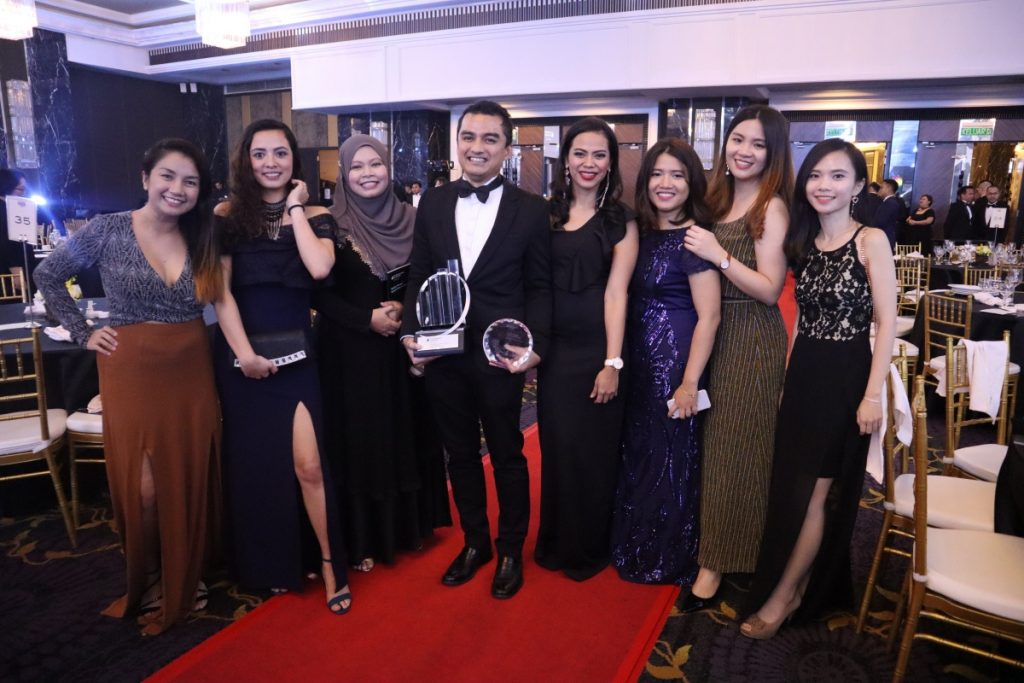
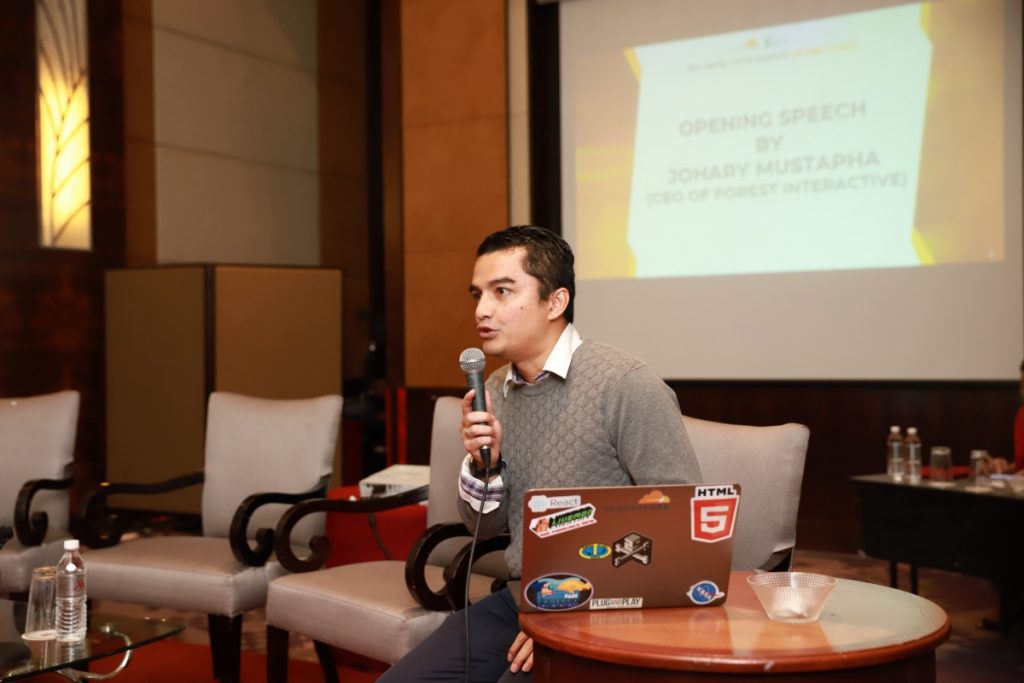
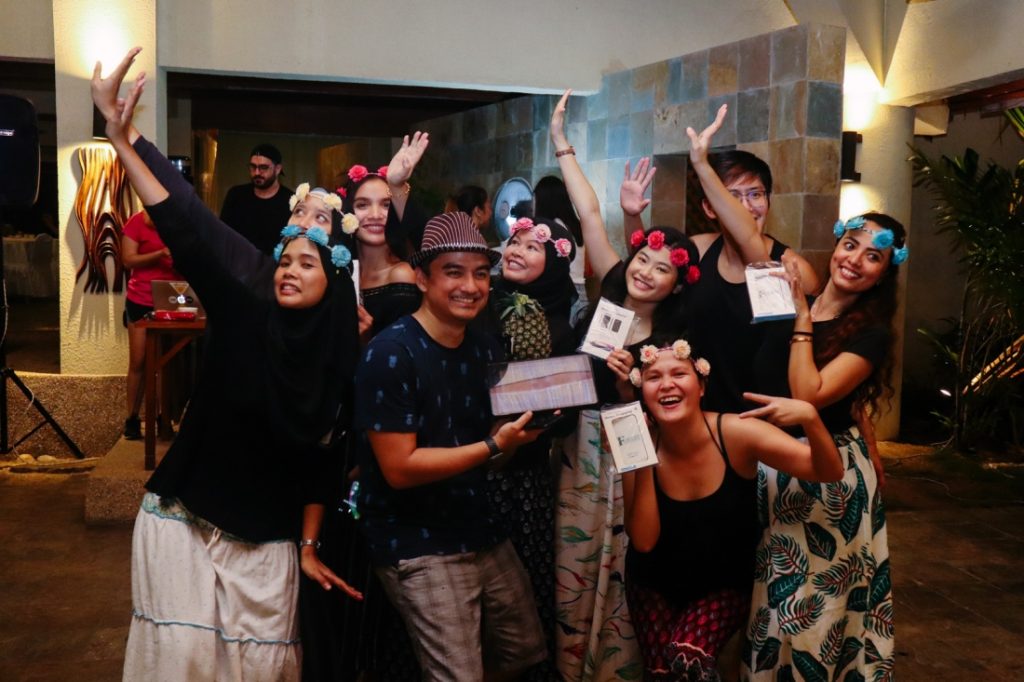
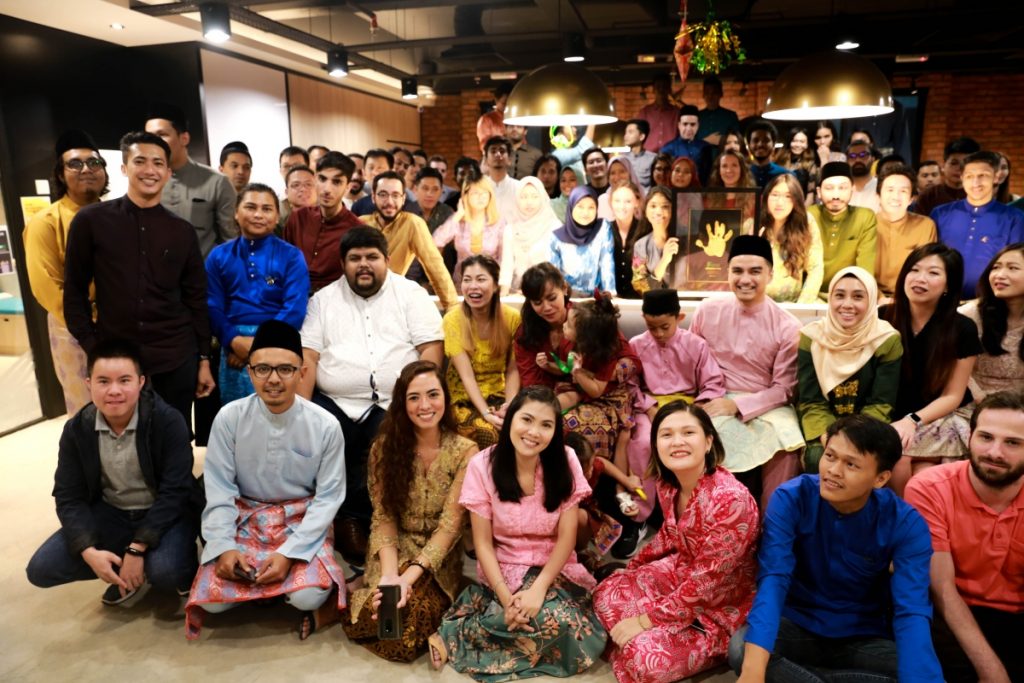
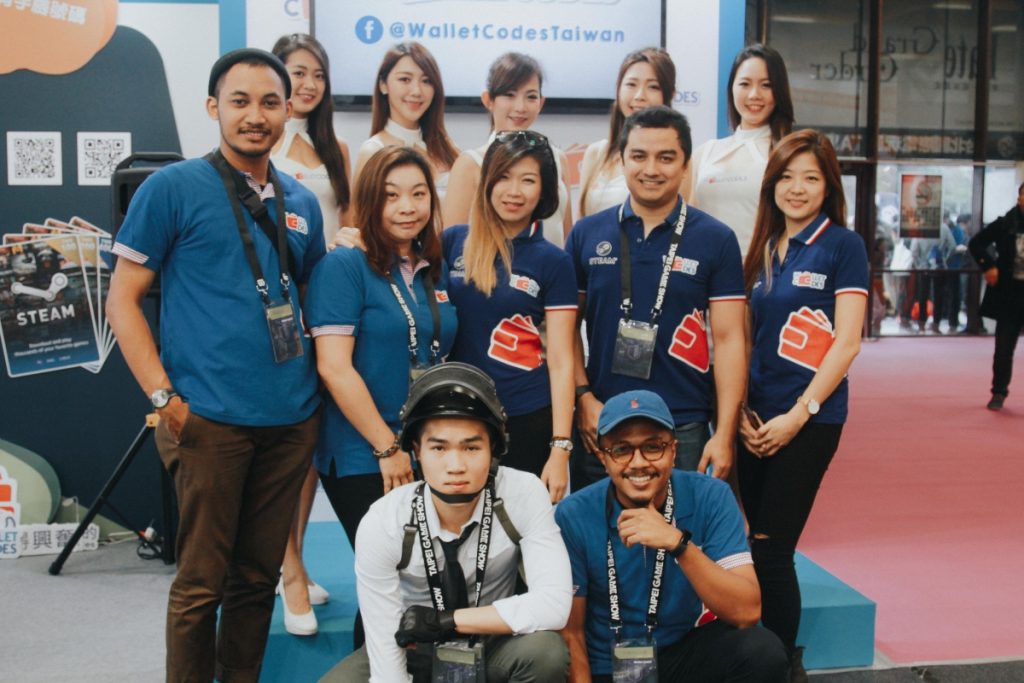
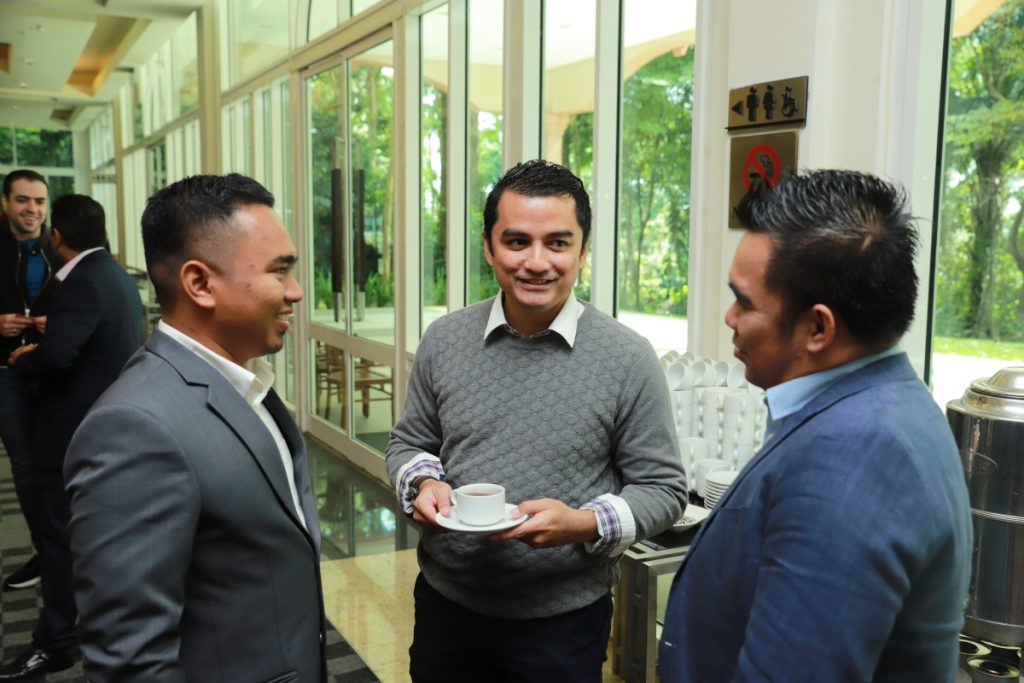
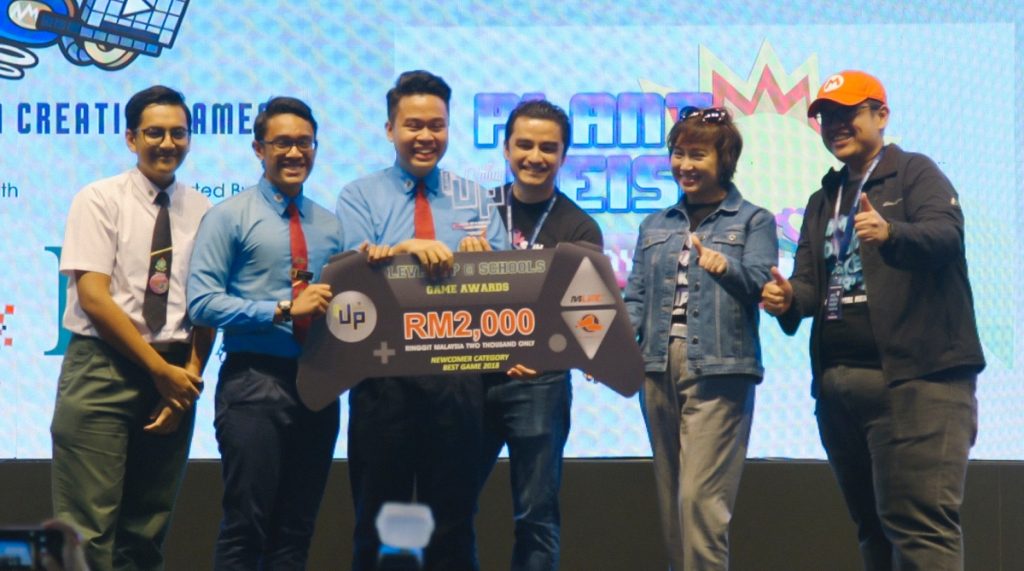
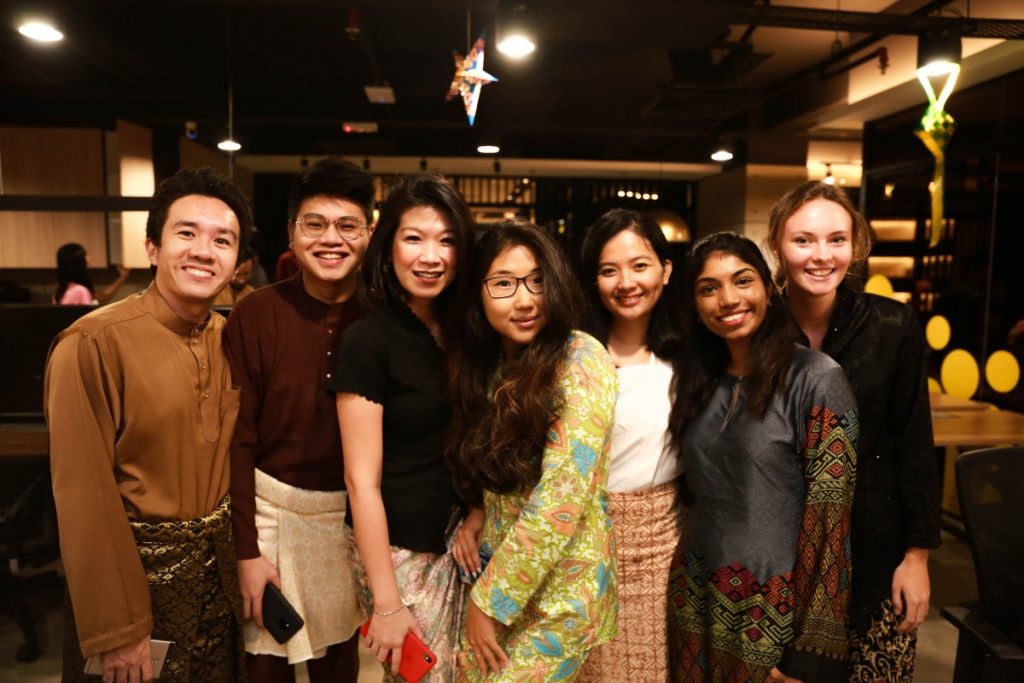
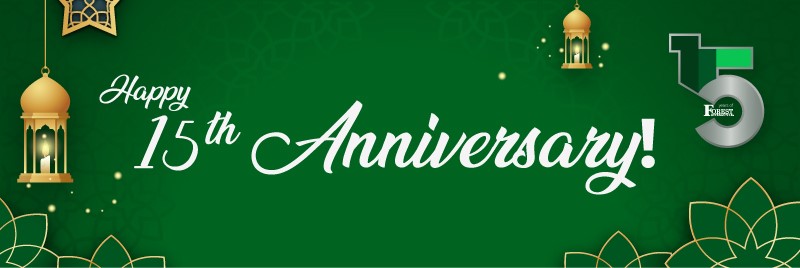
 Company Profile
Company Profile Brand Identity Guidelines
Brand Identity Guidelines